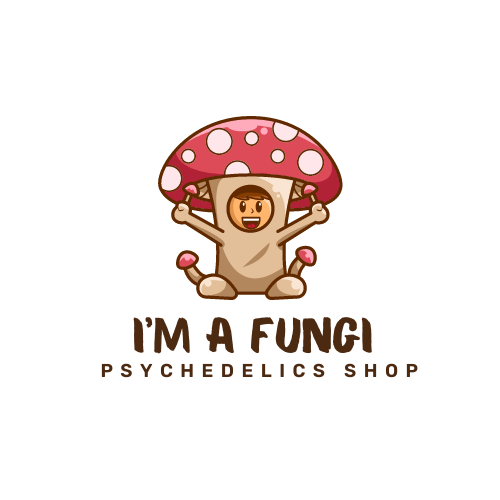BLOG
Exploring the Mystique of Amazonian Mushrooms for Wellness: A Comprehensive Journey

The Amazon rainforest, often referred to as the “lungs of the Earth,” harbors an astounding diversity of life, including a myriad of mushroom species. Among these, the Amazonian mushrooms have captivated the attention of researchers, spiritual seekers, and wellness enthusiasts alike. This article embarks on a comprehensive journey into the mystique of Amazonian mushrooms, shedding light on their origins, cultural significance, potential therapeutic applications, and the challenges they face in the modern world.
Origins and Cultural Significance
The Amazon rainforest, home to numerous indigenous communities, has a rich history of traditional plant and mushroom use. Amazonian mushrooms, often associated with shamanic practices, have played a vital role in the spiritual and healing traditions of indigenous cultures. Ancient rituals involving the consumption of these mushrooms are deeply rooted in the belief that they facilitate communication with the spiritual realm, provide insights, and contribute to overall well-being.
Species Diversity in the Amazon
The Amazon rainforest boasts an unparalleled diversity of mushroom species, each with its own unique characteristics and potential therapeutic properties. While many species remain undiscovered or underexplored, certain well-known varieties, such as Psilocybe cubensis and Amanita muscaria, have gained recognition for their psychoactive and healing properties.
Psychoactive Compounds and Therapeutic Potential
Amazonian mushrooms are renowned for containing psychoactive compounds, most notably psilocybin and psilocin. These compounds, known for their hallucinogenic effects, have garnered interest in the field of psychedelic-assisted therapy. Research suggests that these mushrooms may hold promise in treating mental health conditions such as depression, anxiety, and post-traumatic stress disorder (PTSD). The therapeutic potential extends beyond mental health, with ongoing studies exploring their impact on neuroplasticity, consciousness, and existential well-being.
Modern Challenges and Conservation Efforts
The increasing global demand for Amazonian mushrooms, coupled with deforestation and habitat destruction, poses significant challenges to their sustainability. Overharvesting, illegal trade, and environmental degradation threaten the delicate balance of these ecosystems. Conservation efforts, led by both local communities and international organizations, aim to preserve the rich biodiversity of the Amazon rainforest, emphasizing sustainable harvesting practices and the importance of ethical engagement with these natural resources.
Navigating Legal and Ethical Considerations
While the cultural and therapeutic significance of Amazonian mushrooms is evident, their legal status varies worldwide. Many regions criminalize the possession and use of psychedelic substances, including certain mushroom species. Navigating legal considerations is crucial for individuals interested in exploring the wellness potential of Amazonian mushrooms, emphasizing the importance of responsible and ethical engagement.
Conclusion
Exploring the mystique of Amazonian mushrooms reveals a profound connection between nature, culture, and human well-being. As the world recognizes the therapeutic potential of these mushrooms, it becomes imperative to approach their exploration with mindfulness, respect for indigenous knowledge, and a commitment to conservation. The journey into the world of Amazonian mushrooms is a holistic exploration, intertwining cultural heritage, scientific inquiry, and the pursuit of wellness in a delicate dance with the natural world.
